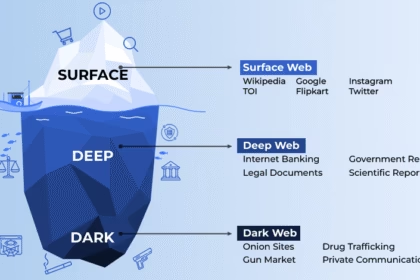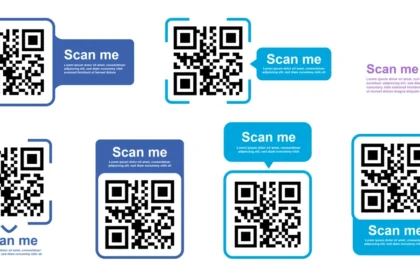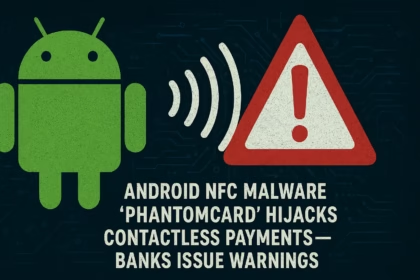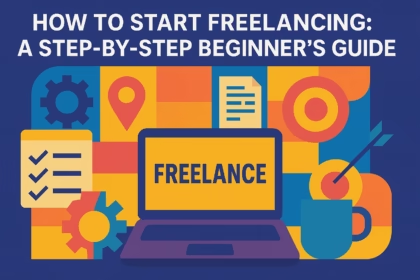In the digital age, everyday online activities like sending messages, uploading photos, or even checking the weather can leave invisible trails that can be bought and used against you—legally, by law enforcement, without your knowledge or consent.
Eliza Orlins, an experienced public defender, reveals how ordinary data from phones and apps has become a powerful tool in modern surveillance, threatening our constitutional protections. But there are ways to fight back and protect personal privacy in this new world.
What Is Universal Surveillance?
Unlike the old days when police needed warrants for physical searches, today’s surveillance happens invisibly through digital data collected by apps, social media, and data brokers. This includes:
- Location data from phones and weather apps that can place people at crime scenes or protests.
- Social media data such as messages, photos, posts, and even “disappearing” stories.
- Biometric data like facial recognition, fingerprints, and DNA sold to law enforcement.
- Financial transactions via apps like Venmo, which are often publicly accessible by default.
Thanks to a legal loophole called the “third-party doctrine,” data voluntarily given to companies can be used against you in court without a warrant, dramatically weakening Fourth Amendment protections against unreasonable searches and seizures.
How Surveillance Impacts Everyday People
Orlins shares the troubling reality that innocent people are increasingly caught in data-driven investigations:
- Data placing phones in the same location multiple times is treated as evidence of conspiracy or association, even if it simply reflects proximity in daily life.
- Purchased data can convict or implicate individuals with no physical evidence or probable cause.
- States with strict abortion laws use location data to track people visiting clinics, raising serious privacy and civil rights concerns.
The system allows surveillance to operate covertly, transforming innocent activities into potential legal risks.
Why Our Rights Are At Risk
The Fourth Amendment guarantees security against unreasonable searches and requires warrants based on probable cause. However:
- Law enforcement agencies bypass these protections by purchasing data from brokers instead of seizing it directly.
- The digital age makes nearly every action traceable by third parties, undermining privacy.
- Courts currently uphold the use of purchased data, meaning constitutional rights are effectively eroding without people’s awareness.
The technology has advanced quickly, but laws and protections have not kept pace, creating a dangerous gap.
How to Protect Yourself
Orlins offers practical steps everyone can take to safeguard their privacy and resist unwarranted surveillance:
- Use encrypted messaging apps like Signal or WhatsApp for private communication.
- Regularly check and tighten your app privacy settings to limit data sharing.
- Turn off location sharing for apps that do not need it.
- Stay informed about your legal rights and be aware of how your data may be used.
- Support and advocate for laws that close loopholes allowing warrantless data purchases by police.
Taking control of digital privacy is essential to preserving constitutional rights in the current surveillance landscape.
What You Can Do Now
- Be cautious about what you share online and on your phone.
- Advocate for stronger privacy protections and government transparency.
- Use privacy-enhancing technology tools and apps.
- Educate others about the realities of data surveillance and digital rights.
Individual actions plus collective advocacy create the foundation to protect privacy before the erosion becomes irreversible.
Summary Table
| Topic | Details |
|---|---|
| Surveillance Methods | Location tracking, social media monitoring, biometric data sales |
| Legal Loophole | Third-party doctrine allows warrantless purchase/use of data |
| Impact on Individuals | Innocent people implicated; location data used in prosecutions |
| Constitutional Concern | Fourth Amendment rights weakened, warrant requirements bypassed |
| Privacy Protection Tips | Use encrypted messaging, tighten app settings, turn off location |
| Action Steps | Know rights, support reforms, spread awareness |
Key Takeaways
- Universal digital surveillance collects vast amounts of personal data often without consent.
- Police legally bypass constitutional protections by purchasing data from brokers.
- Innocent individuals risk wrongful legal consequences based on misleading digital evidence.
- Location and biometric data raise significant privacy and civil rights concerns.
- Simple privacy practices and advocacy for legal reform are vital defenses.
Sources
- TEDx Talks. “Universal surveillance is here—how do we fight back?” by Eliza Orlins. August 2, 2025.
- Surveillance and Privacy in the Digital Age – Arcadia University Graduate Thesis, 2015.
- Digital Privacy – Wikipedia, 2011.
- News articles and reports on digital privacy and surveillance technology, 2023–2025.





















